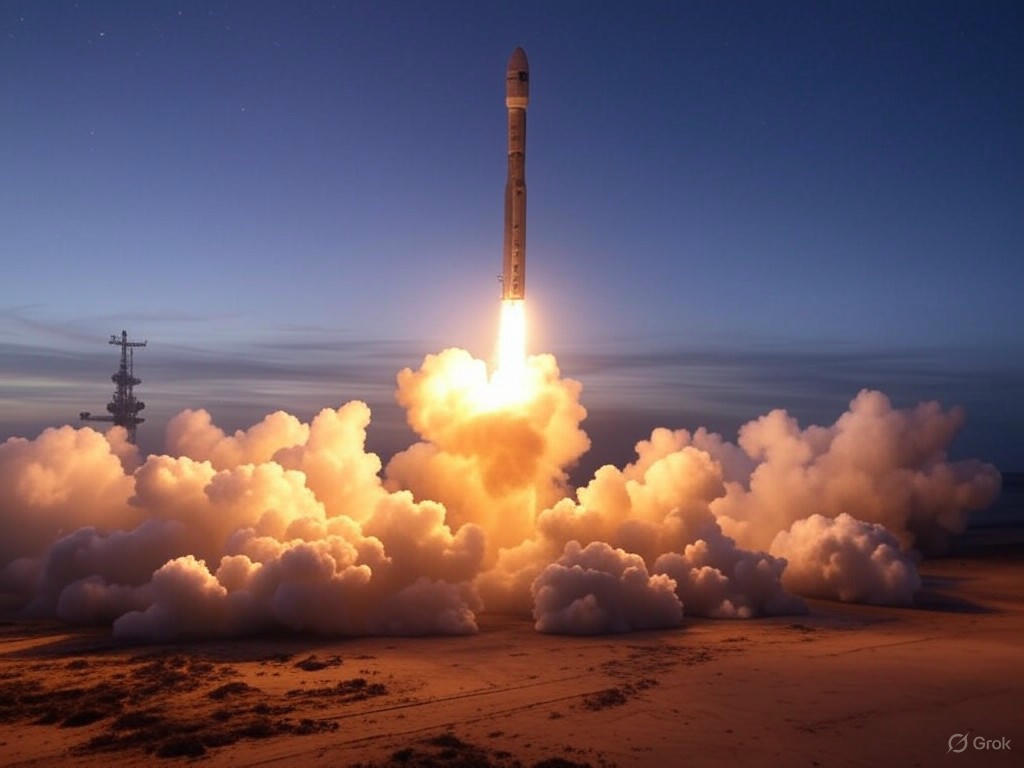Boosting the Lunar Leap: Sen. Ted Cruz Advocates for $10 Billion NASA Funding Surge
In a bold move to propel humanity’s reach into the cosmos, Senator Ted Cruz has put forward a proposal to inject an additional $10 billion into NASA’s ambitious moon and Mars exploration programs. This significant funding boost aims to secure the future of critical projects like the Space Launch System (SLS), the Orion spacecraft, and the Gateway lunar outpost, which are pivotal to America’s aspirations of returning to the lunar surface and eventually setting foot on the Red Planet. Cruz, a staunch advocate for space exploration, emphasized the importance of maintaining U.S. leadership in space during a recent address, arguing that these missions are not just scientific endeavors but also a matter of national pride and security.
The proposed funding comes at a crucial time for NASA, as the agency faces mounting challenges in meeting deadlines and budgets for its Artemis program, which seeks to land the first woman and the next man on the moon by the end of this decade. The SLS, often dubbed the most powerful rocket ever built, has encountered delays and cost overruns, while the Orion spacecraft, designed to carry astronauts deep into space, requires sustained investment to ensure mission readiness. Additionally, the Gateway, a planned space station orbiting the moon, serves as a stepping stone for lunar landings and future Mars expeditions. Cruz’s initiative could provide the financial stability needed to overcome these hurdles, ensuring that these projects remain on track to achieve their groundbreaking goals. Beyond technical achievements, the senator highlighted the potential for job creation and technological innovation that such investments could spur across the country.
Looking ahead, this proposal has sparked a broader conversation about the role of government in space exploration and the balance between public and private sector involvement. With commercial entities like SpaceX and Blue Origin already making strides in space travel, some critics question whether such a massive government expenditure is necessary. However, supporters argue that NASA’s missions lay the groundwork for scientific discovery and international collaboration that private companies may not prioritize. If approved, this $10 billion infusion could redefine the trajectory of human spaceflight, cementing the United States’ position as a pioneer in the new space race. As debates unfold in Congress, the eyes of the world remain fixed on whether this funding will ignite the next chapter of exploration, taking humanity from the moon’s dusty plains to the uncharted terrains of Mars. For now, Cruz’s vision serves as a reminder of the boundless potential that lies beyond our atmosphere, urging policymakers and citizens alike to dream big and reach for the stars.


